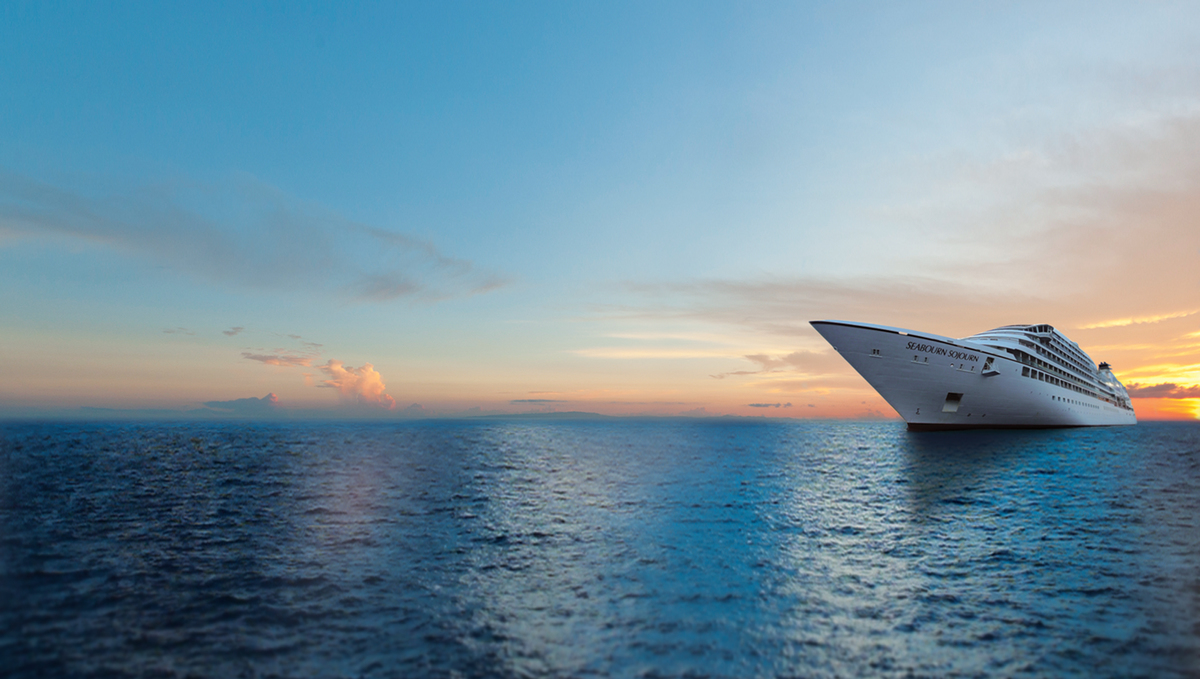
You can have a rewarding career as a ship doctor, whether you are a medical school graduate with little experience or a veteran physician. As a medical doctor on a boat, you’ll be working in a small crew to deliver the highest standard of care.
You'll be responsible for dealing with crises and ensuring all staff and patients are safe. Your duties will include maintaining current and accurate medical records, making sure that the treatment of your patients meets safety guidelines, adhering ship's policies on medical and infectious control, and fostering connections with your passengers.
How much does a cruise ship doctor make?
The salary of an onboard physician can be affected by the size and type of ship as well as the cruise line. Junior doctors earn as little $7,500 each month. Senior physicians make up to $12,000 per month.

How to get a job as a cruise ship physician
To be a doctor on a cruise, you need to have a medical degree as well as three years experience in medical fields. Pre-employment requirements, such as drug tests and background checks, are required. Once you have your qualifications, you are ready to start looking for jobs.
Cruise Ship Doctor Salary: What are the Benefits?
Aside from a good salary, cruise ship physicians also enjoy a number of benefits including free food, a private room, and more. Your spouse and kids can also come with you for no additional charge.
Working as a Cruise Ship Doctor is a rewarding career, and you can expect to have a lot of fun at the same time. Although it's a rewarding career, you won't be paid well and the job will not be financially lucrative in the United States.
If you are interested in a career as a cruise ship physician, the best place to begin is by searching for open positions with a specific cruise line on ZipRecruiter. You can search for jobs based on salary, location and position title.

The average salary for a cruise ship doctor is $48,800 annually, but it can vary widely between cities. New York City, NY has the highest average salary with $96,399 per year, followed by Green River WY and San Mateo CA.
What is the best place for a physician to live on a cruise ship?
A cruise ship physician salary is not as high as a physician on land, but it can be more than adequate for the perks that come with this position. This is a fantastic way to travel and see the world.
A career as a ship doctor is possible, but requires a lot of hard work and dedication to long working hours. The opportunity to pursue a rewarding career in medicine is well worth it despite these disadvantages.
FAQ
Is there anything negative about cruising?
When considering the pros and con's of cruising, there are some things you need to be aware of. Some people don't like spending their entire vacation on boats. Others may prefer to be near the shore or in a resort. Still, others may feel uncomfortable being away from land for so long. These worries can be easily overcome by taking a cruise that leaves you plenty of time to ashore.
Do I need to book my cruise before booking my flight?
It depends on which part of the world you are traveling to. You will have more flexibility when it comes to dates if you book your cruise early. Plan your cruise around dates you know are best, such as if you plan to travel to Europe in summer. You might also want to book your cruise earlier if you plan to travel to Asia and South America.
What is the travel time to the port?
The time it takes to reach the port depends on several factors, including the distance between the port and the ship, the speed at which the ship travels, etc. You should note that not all ships dock at the same location as the shore. This allows them to unload their passengers quickly. It takes longer for ships to arrive at land because some ship dock closer to the coast.
Statistics
- You'll need to budget around $80 per person per day for this option – and an additional 18% gratuity. (travel.usnews.com)
- *20% Gratuities Apply on Free Unlimited Open Bar; Free Specialty Dining. (ncl.com)
- For an example of savings, Royal Caribbean offers up to a 40% discount with a dining package. (travel.usnews.com)
- You can save 15% off the total price if you book in advance of your trip. (travel.usnews.com)
External Links
How To
How to stay safe while aboard a cruise vessel
There are many things to be aware of before you board a cruise ship. Behave properly onboard to avoid any problems. Here are some safety tips that will help you enjoy your trip.
-
Be aware of your surroundings at all times. People are more likely to be together when they're eating on a cruise ship than anywhere else. You're often surrounded by people who are eager to talk and eat. It can be easy to get distracted. This should not distract from what you are supposed do. If you witness someone smoking or drinking alcohol, please tell them politely that they must stop.
-
Your room key should always be with you on board the ship. You will be able to tell them where you are if they need you. Make sure you have your passport handy too.
-
Keep valuables hidden from view. Most cabins come equipped with drawers under the bed. It is a good place to store valuables like money, credit cards, passports, etc. You should also make sure that nothing of value is visible. Place your bags in the closet.
-
Keep hydrated. It can be hard to remember that cruise ships provide ample water. Make use of the free bottled water provided throughout the ship. Try to avoid getting dehydrated. Dehydration makes you tired and cranky, leading to fights or accidents.
-
Pay attention to the announcements. Announcements can also be seen on television screens and in public addresses systems. They include safety procedures as well emergency exits and even weather reports. These announcements are important. They might save your life!
-
You should lock your door before you leave your cabin. Never leave your cabin unlocked, no matter how friendly a crew member seems. Thieves often break in through unlocked doors. Ask a crew member first if you need to use the bathroom.
-
Avoid falling overboard alone. The crew will need to wait for you to be rescued if you do fall overboard. Sharks and other marine creatures might be attracted to you while you wait. You should wait until help arrives.
-
You should not smoke in an elevator. These elevators have high pressure, so smoke can build-up quickly. You should immediately get off if you feel dizzy, lightheaded or confused. You can still breathe even though it is outside fresh.
-
Know how to evacuate. Each year, thousands of people die after being trapped in elevators. If an emergency occurs, follow the instructions on the screen.
-
You should be familiar with fire drills. Fire drills occur regularly, typically once per day. Everyone on deck must evacuate when there is a drill. Follow the crew members' directions. Once the drill is over, you can go back to the cabin and lock the doors.
-
Before accepting food or drinks, ask questions. Cruisers are often concerned about food poisoning. Many people don’t know that certain foods may not be safe to consume while aboard a cruise ship. Raw oysters, for example, are not allowed on most cruise ships. If you're unsure whether or not the food you've been offered is safe, politely refuse and look for another meal instead.
-
When using the pool, be careful. Many people have fallen into the pools by accident. Do not be alarmed if you fall in the pool. You may also slip and fall on the deck. Always wear appropriate footwear and pay close attention to what's around you.